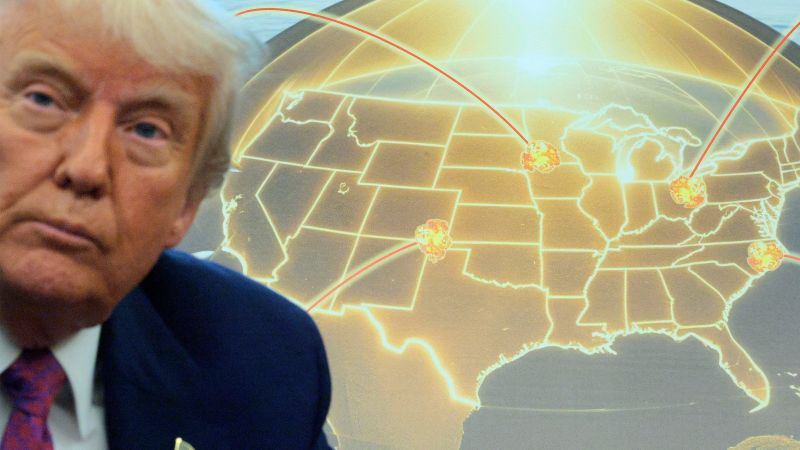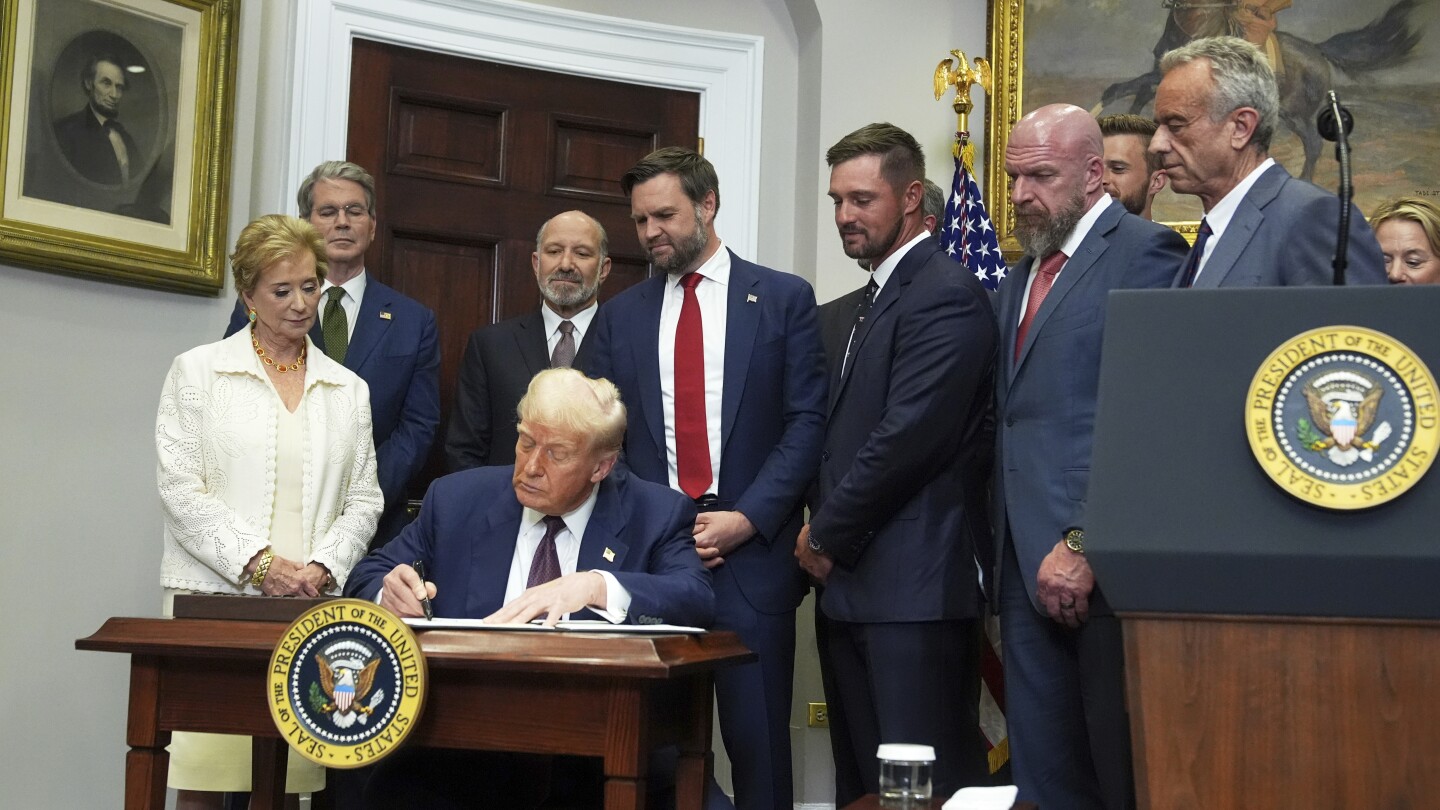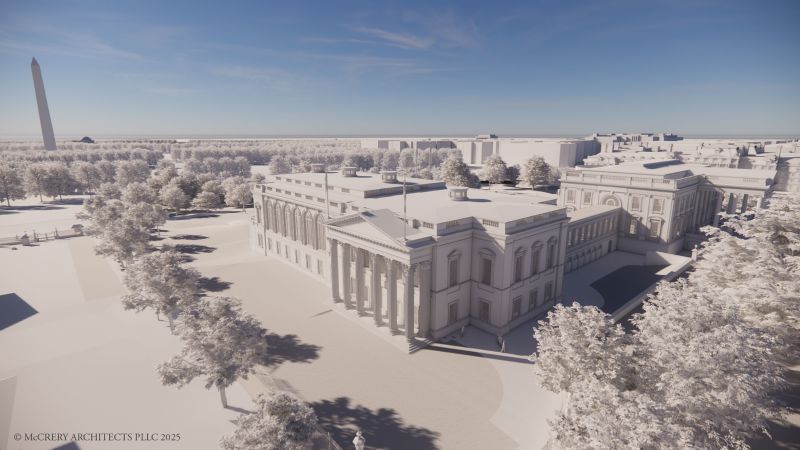Understanding Statehood: The Meaning Of Recognizing A Palestinian State

Welcome to your ultimate source for breaking news, trending updates, and in-depth stories from around the world. Whether it's politics, technology, entertainment, sports, or lifestyle, we bring you real-time updates that keep you informed and ahead of the curve.
Our team works tirelessly to ensure you never miss a moment. From the latest developments in global events to the most talked-about topics on social media, our news platform is designed to deliver accurate and timely information, all in one place.
Stay in the know and join thousands of readers who trust us for reliable, up-to-date content. Explore our expertly curated articles and dive deeper into the stories that matter to you. Visit Best Website now and be part of the conversation. Don't miss out on the headlines that shape our world!
Table of Contents
Understanding Statehood: The Meaning of Recognizing a Palestinian State
The question of Palestinian statehood remains a highly contentious and complex issue at the heart of the Israeli-Palestinian conflict. Understanding the implications of recognizing a Palestinian state requires examining not only the political ramifications but also the legal and practical realities involved. This article delves into the meaning of statehood, exploring the international legal frameworks and the ongoing debate surrounding Palestinian state recognition.
What Constitutes a State?
Before understanding the implications of recognizing a Palestinian state, we must first define what constitutes a state under international law. The Montevideo Convention of 1933 sets out the four key criteria:
- A permanent population: A defined group of people residing within a specific territory.
- A defined territory: Clearly demarcated boundaries, although these can be subject to dispute.
- A government: A functioning political authority capable of exercising effective control over its territory.
- Capacity to enter into relations with other states: The ability to engage in diplomatic relations and international agreements.
While the Palestinian Authority arguably fulfills some of these criteria, particularly regarding a permanent population and a degree of internal governance, the lack of full control over its territory and the ongoing disputes over borders remain significant obstacles.
The Significance of State Recognition
State recognition is a crucial step in the process of establishing a sovereign state. It is a political act undertaken by individual states, signifying their acceptance of a new state's existence and its right to exist as an independent entity. Recognition does not automatically grant statehood, as this is determined by the aforementioned criteria. However, it is a powerful signal of international legitimacy and paves the way for full participation in international organizations and agreements. For Palestine, recognition would mean the ability to join the United Nations, access international funding, and pursue legal avenues to resolve disputes.
Arguments For and Against Recognition
Arguments in favor of recognizing a Palestinian state often center on the principles of self-determination and human rights. Supporters argue that recognizing Palestine is a moral imperative, acknowledging the Palestinian people's right to self-governance and ending the ongoing occupation. Furthermore, they believe that statehood provides a framework for a peaceful resolution to the conflict through negotiation. [Link to UN resolution on Palestinian statehood]
Arguments against recognition often focus on concerns about the viability of a Palestinian state, the security implications for Israel, and the potential for further conflict. Opponents express doubts about the Palestinian Authority's capacity to govern effectively, pointing to issues of internal division and corruption. They also argue that premature recognition could undermine ongoing peace negotiations and potentially destabilize the region.
The Current Status of Palestinian Statehood
Currently, many countries around the world recognize the State of Palestine, although it lacks full membership in the United Nations. The pursuit of full statehood remains a central goal for the Palestinian Authority, and the issue remains a major point of contention in the ongoing peace process. The lack of a final status agreement between Israel and Palestine continues to impede progress towards a lasting solution.
Conclusion: A Complex and Evolving Issue
The issue of Palestinian statehood is far from simple. It is a multifaceted problem with significant legal, political, and humanitarian implications. Understanding the nuances surrounding statehood, the criteria for recognition, and the diverse perspectives involved is crucial for engaging meaningfully with this vital issue. The future of Palestine remains uncertain, but the ongoing efforts towards statehood highlight the persistent struggle for self-determination and the enduring quest for peace in the region. Further research into the relevant international laws and ongoing political developments is recommended for a deeper understanding.

Thank you for visiting our website, your trusted source for the latest updates and in-depth coverage on Understanding Statehood: The Meaning Of Recognizing A Palestinian State. We're committed to keeping you informed with timely and accurate information to meet your curiosity and needs.
If you have any questions, suggestions, or feedback, we'd love to hear from you. Your insights are valuable to us and help us improve to serve you better. Feel free to reach out through our contact page.
Don't forget to bookmark our website and check back regularly for the latest headlines and trending topics. See you next time, and thank you for being part of our growing community!
Featured Posts
-
 Duke University And The Trump Administration A 108 Million Dispute Over Racial Discrimination
Aug 01, 2025
Duke University And The Trump Administration A 108 Million Dispute Over Racial Discrimination
Aug 01, 2025 -
 The Growing Concern Of Shopping Addiction A Call For More Support
Aug 01, 2025
The Growing Concern Of Shopping Addiction A Call For More Support
Aug 01, 2025 -
 Treasury Secretary Slams Trumps Social Security Plan As Privatization Backdoor
Aug 01, 2025
Treasury Secretary Slams Trumps Social Security Plan As Privatization Backdoor
Aug 01, 2025 -
 Thi Truong Vang Tuan Nay Gia Vang Trong Nuoc Va Quoc Te Dieu Chinh Giam
Aug 01, 2025
Thi Truong Vang Tuan Nay Gia Vang Trong Nuoc Va Quoc Te Dieu Chinh Giam
Aug 01, 2025 -
 Todays Bitcoin News 0 59 Increase Cme Gap And Institutional Investor Activity
Aug 01, 2025
Todays Bitcoin News 0 59 Increase Cme Gap And Institutional Investor Activity
Aug 01, 2025
Latest Posts
-
 Cornwall Mums Death Could Older Driver Rule Changes Have Saved Her Life
Aug 02, 2025
Cornwall Mums Death Could Older Driver Rule Changes Have Saved Her Life
Aug 02, 2025 -
 Ukraine Zelensky Concedes To Youth Demands Averts Crisis
Aug 02, 2025
Ukraine Zelensky Concedes To Youth Demands Averts Crisis
Aug 02, 2025 -
 Golden Dome Missile Defense First Major Pentagon Test Planned Before 2028
Aug 02, 2025
Golden Dome Missile Defense First Major Pentagon Test Planned Before 2028
Aug 02, 2025 -
 Back To Basics Trump Brings Back The Presidential Fitness Test For Schools
Aug 02, 2025
Back To Basics Trump Brings Back The Presidential Fitness Test For Schools
Aug 02, 2025 -
 Trumps 200 Million White House Ballroom Construction Starts September
Aug 02, 2025
Trumps 200 Million White House Ballroom Construction Starts September
Aug 02, 2025
